Crime Prediction Software: Richmond, Virginia
Starting in 2006, the Richmond Police Department didn't just get proactive about crime-it got predictive. The city, which had just been named the fifth most dangerous in the United States, turned to a strategy similar to that used in the movie Minority Report. Combing through reams of historical data, the RPD armed its police officers with the information necessary to assess where crimes were most likely to take place. It's not just crime-related statistics that are important; weather conditions, days of the week, and even phases of the moon are taken into account. Today, Richmond is nowhere to be found among America's most dangerous cities.
Cogeneration: Chicago
The city of Chicago estimates that by 2020 it will need 27 billion kilowatt-hours more electricity to stay powered than it did in 2000. Rather than build new plants, the city is making its sys- tems more efficient. It plans to get a quarter of that power from cogeneration-combined heat and power. Standard natural gas burning creates a lot of wasted heat, but cogeneration reuses that extra heat to produce electricity by using it to boil water and push the steam through a turbine-more than doubling the efficiency of natural gas (from 30 percent to 80 percent). That means lower energy costs and lower energy usage, which means fewer emissions. By 2010, Chicago wants to be producing 1.5 billion kilowatt-hours of electricity through cogeneration. Buildings that can benefit from independent sources of power, like museums, hospitals, schools, and office buildings, are ideal sites for cogeneration facilities.
To see these infographics, click here.
A collaboration between GOOD and Oliver Munday.
Search
Latest Stories
Start your day right!
Get latest updates and insights delivered to your inbox.
We have a small favor to ask of you
Facebook is critical to our success and we could use your help. It will only take a few clicks on your device. But it would mean the world to us.
Here’s the link . Once there, hit the Follow button. Hit the Follow button again and choose Favorites. That’s it!
The Latest
Most Popular
Sign Up for
The Daily GOOD!
Get our free newsletter delivered to your inbox





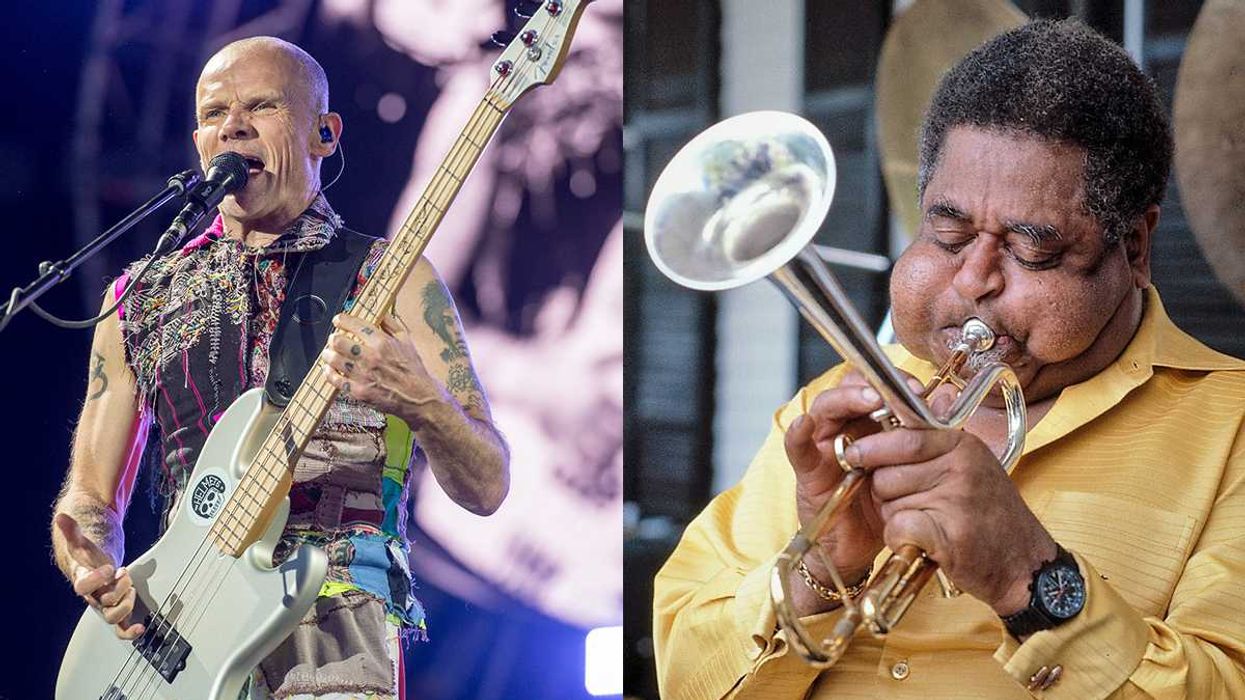


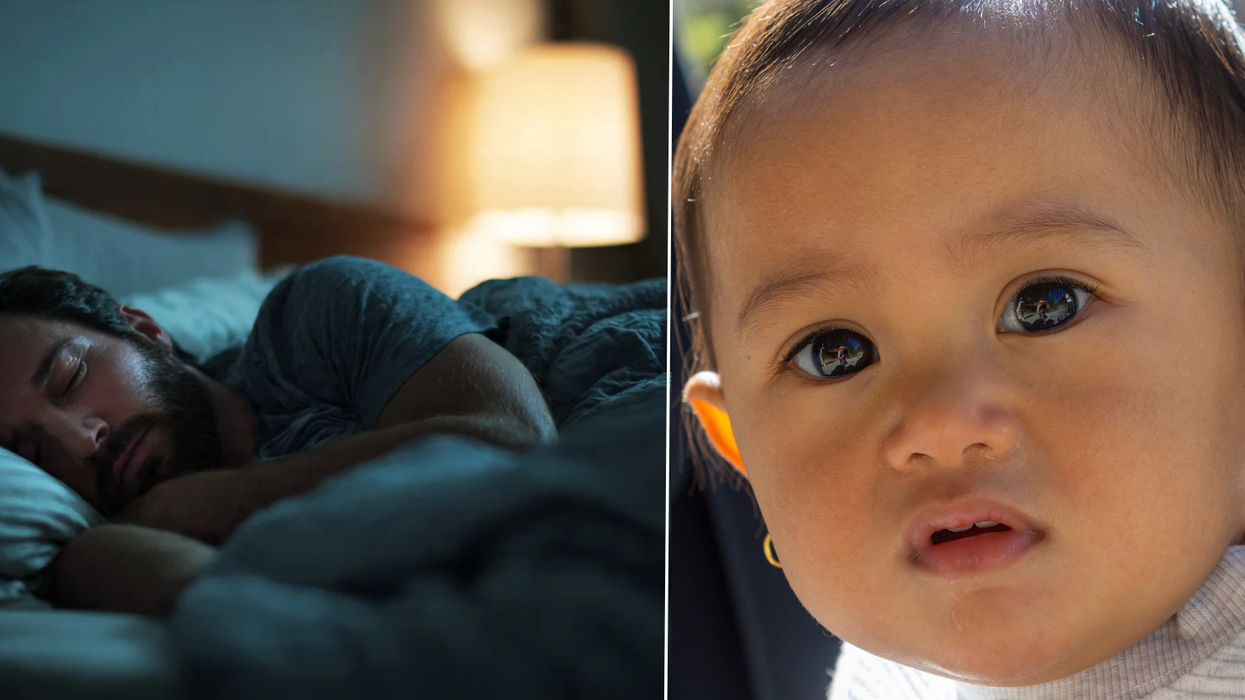
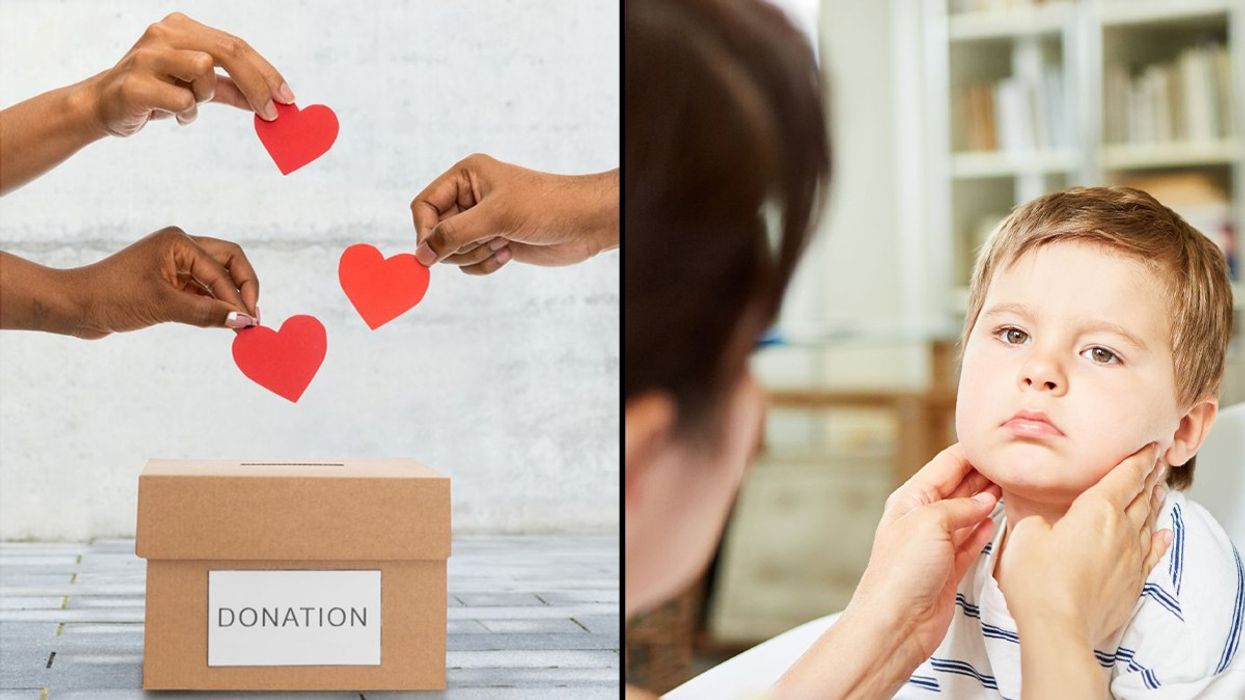

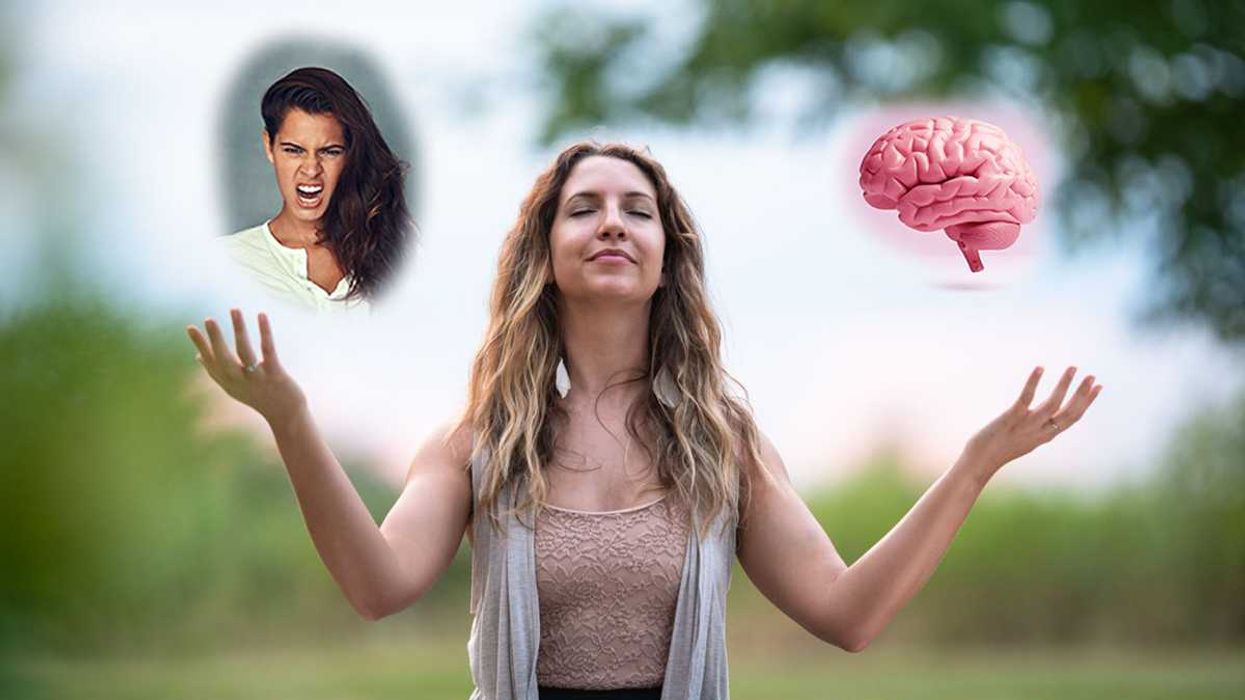


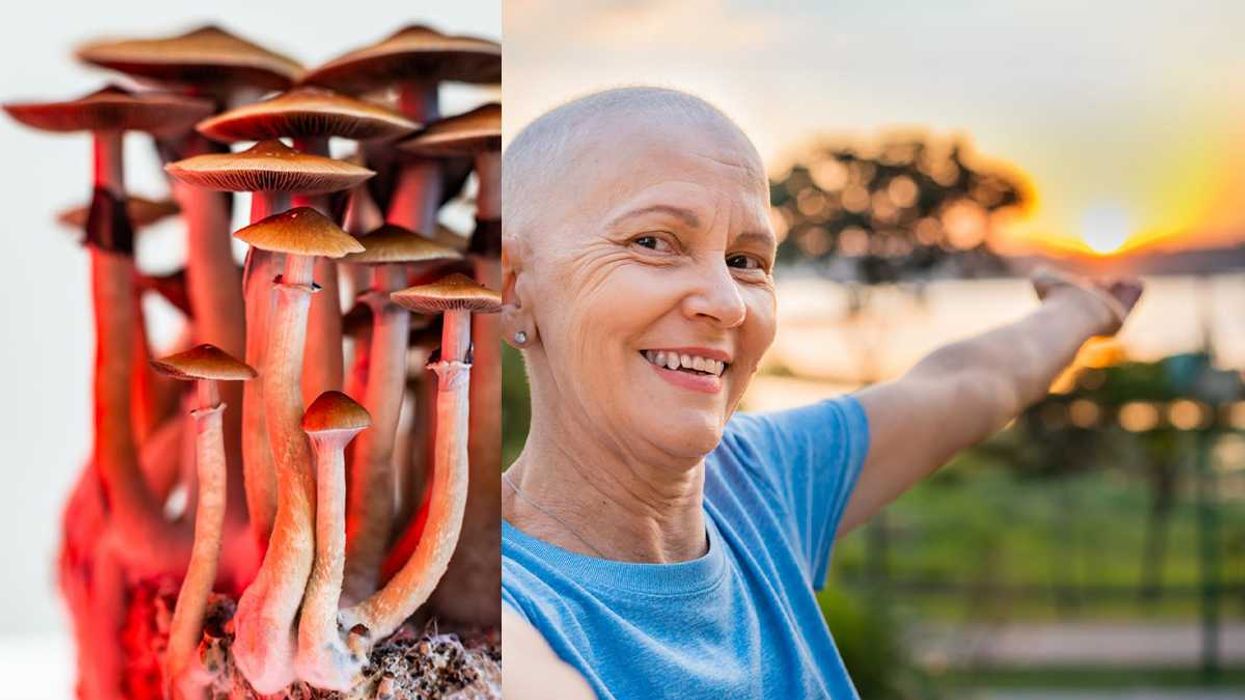
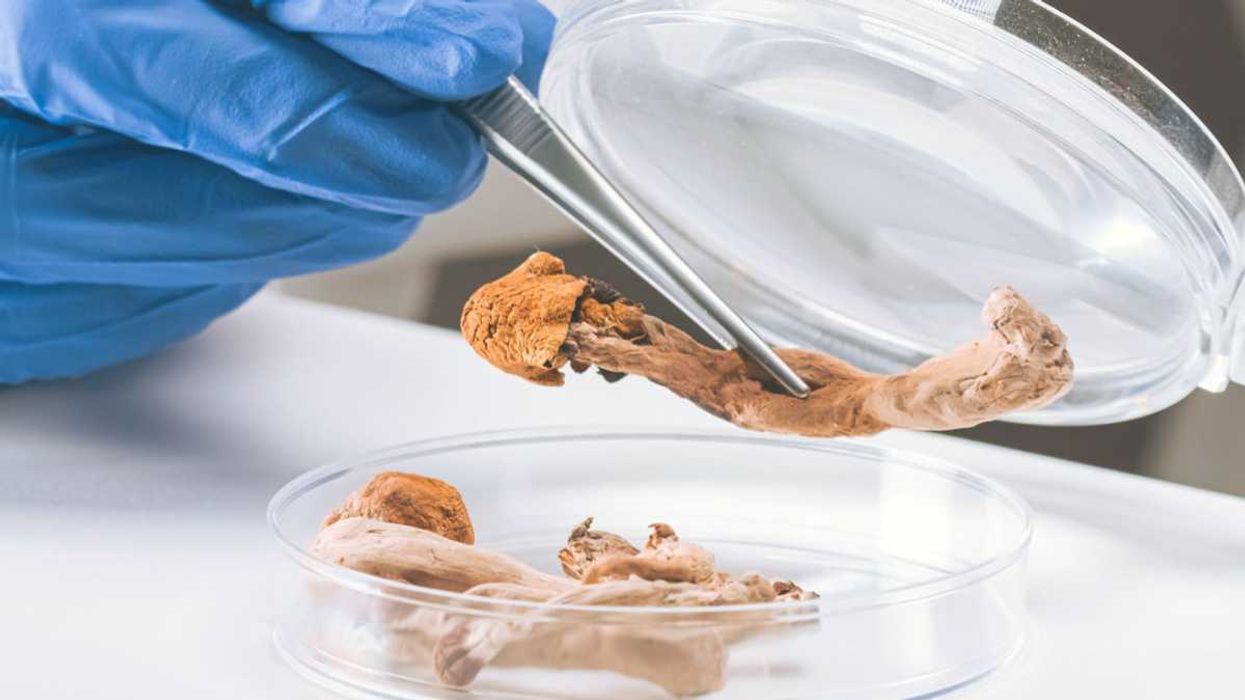 Mushrooms containing psilocybin.Photo credit:
Mushrooms containing psilocybin.Photo credit: 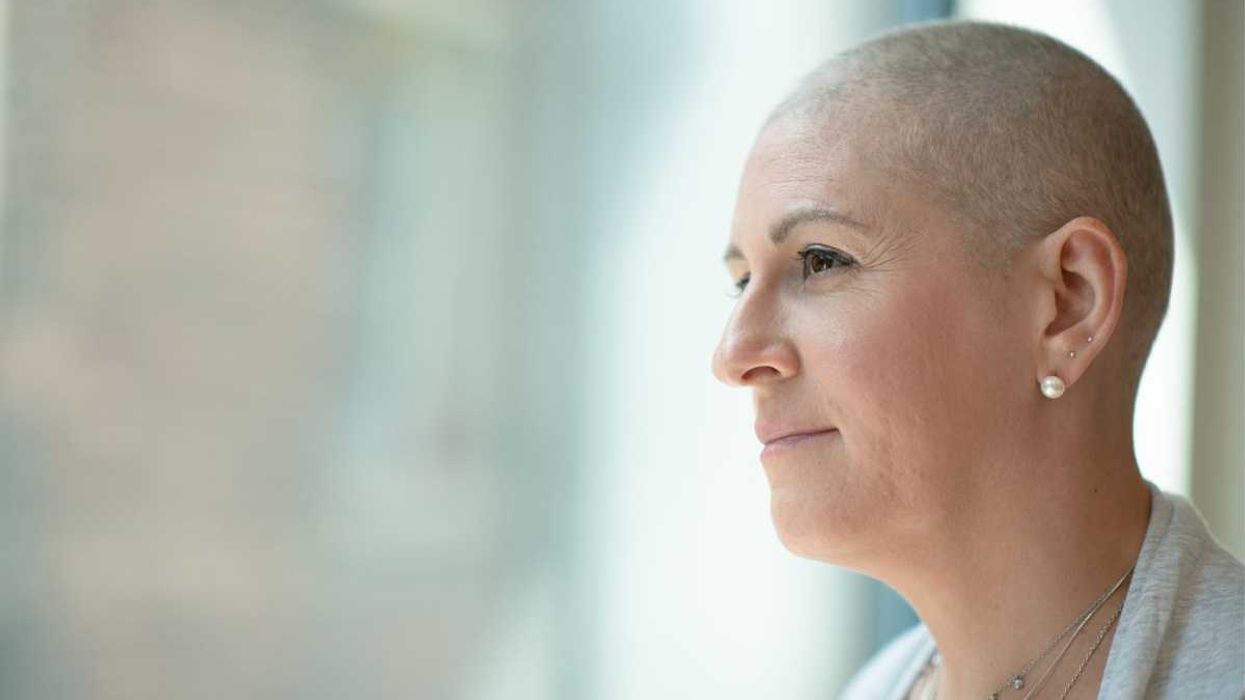 Woman undergoing cancer treatments looks out the window.Photo credit:
Woman undergoing cancer treatments looks out the window.Photo credit: 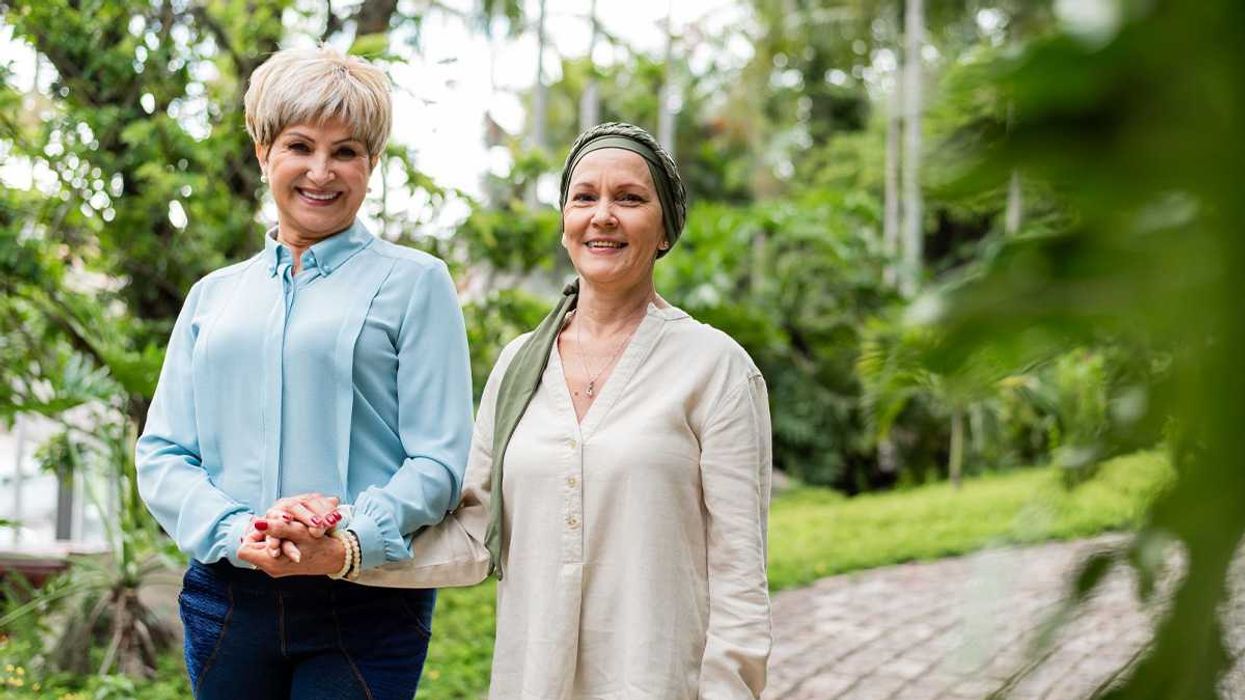 Friend and patient on a walk.Photo credit:
Friend and patient on a walk.Photo credit: 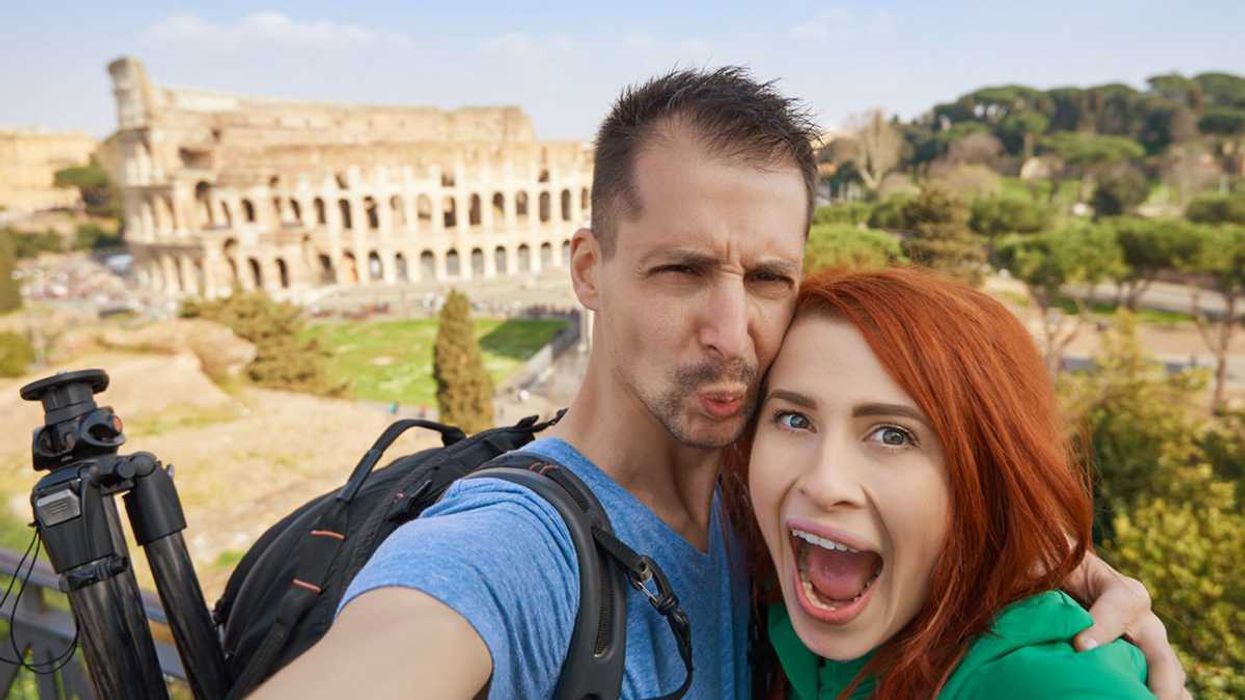
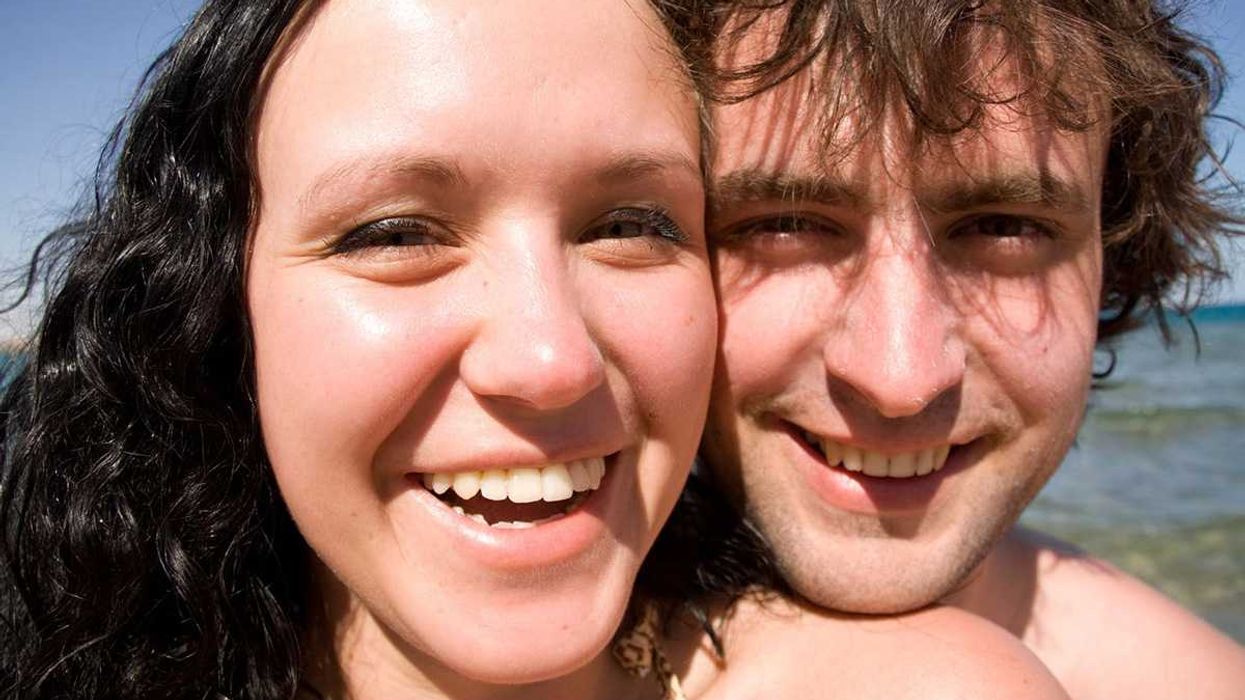 A smiling couple. Photo credit:
A smiling couple. Photo credit: 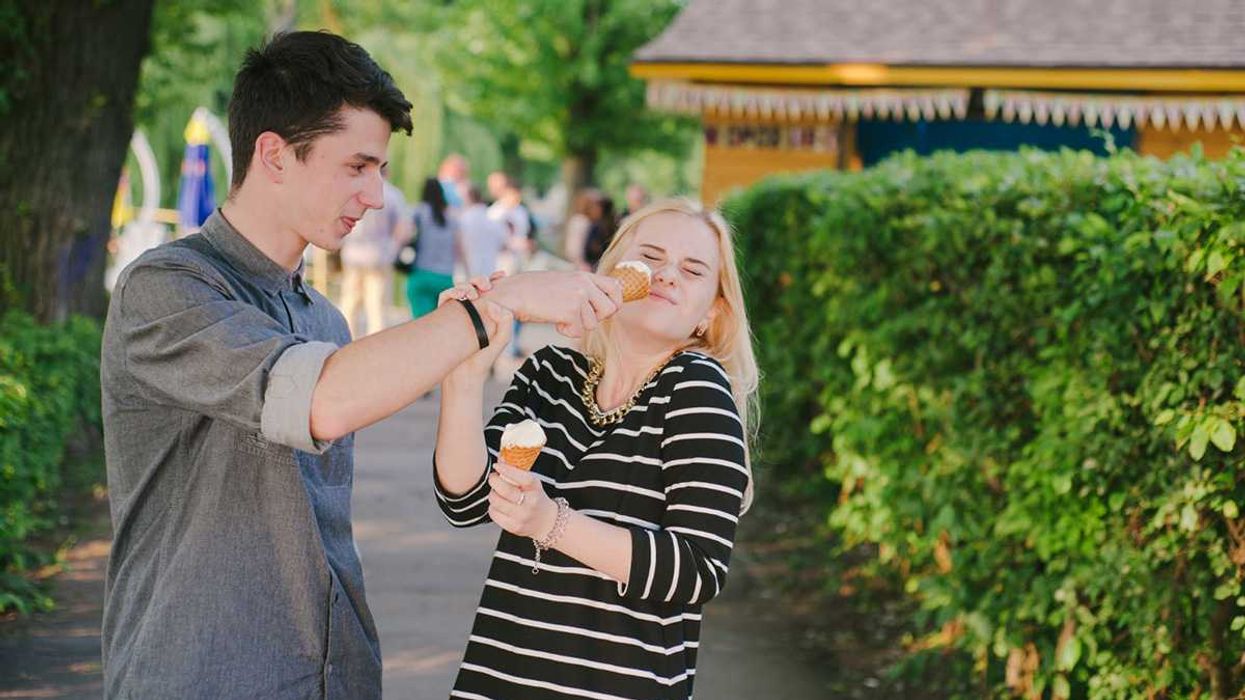 Feeding each other ice cream.Photo credit:
Feeding each other ice cream.Photo credit: 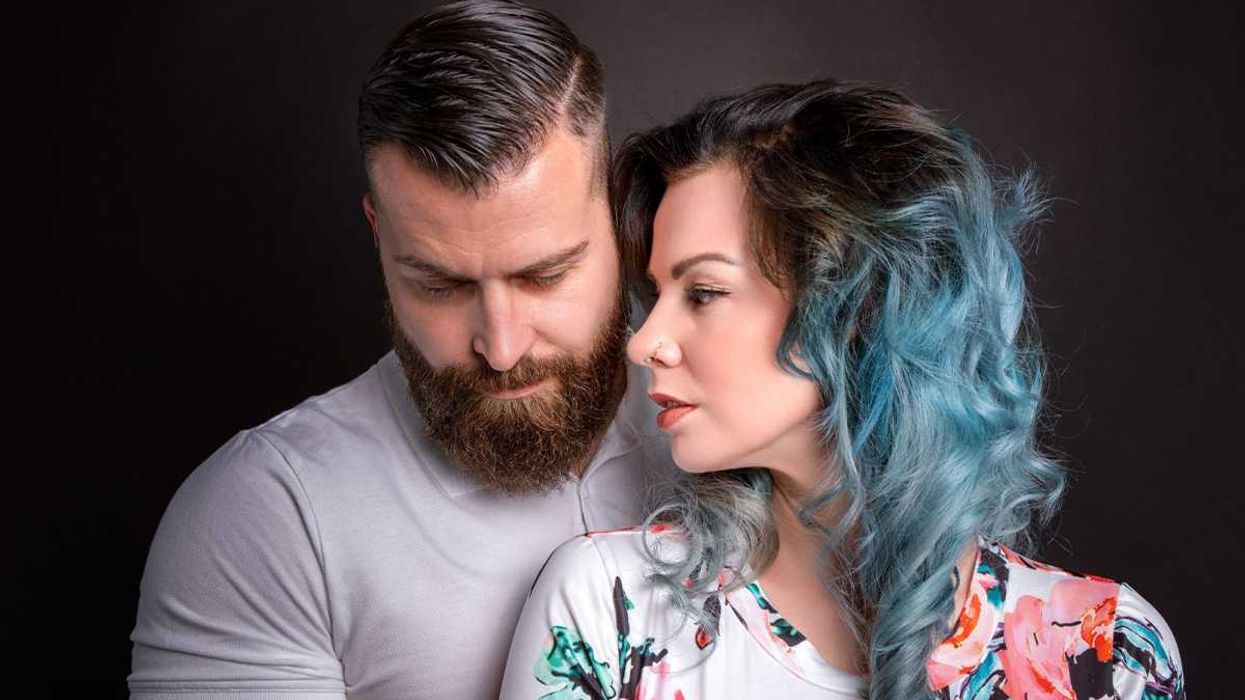 An intimate photograph of a couple.Photo credit:
An intimate photograph of a couple.Photo credit:  Playing with food.Photo credit:
Playing with food.Photo credit: 
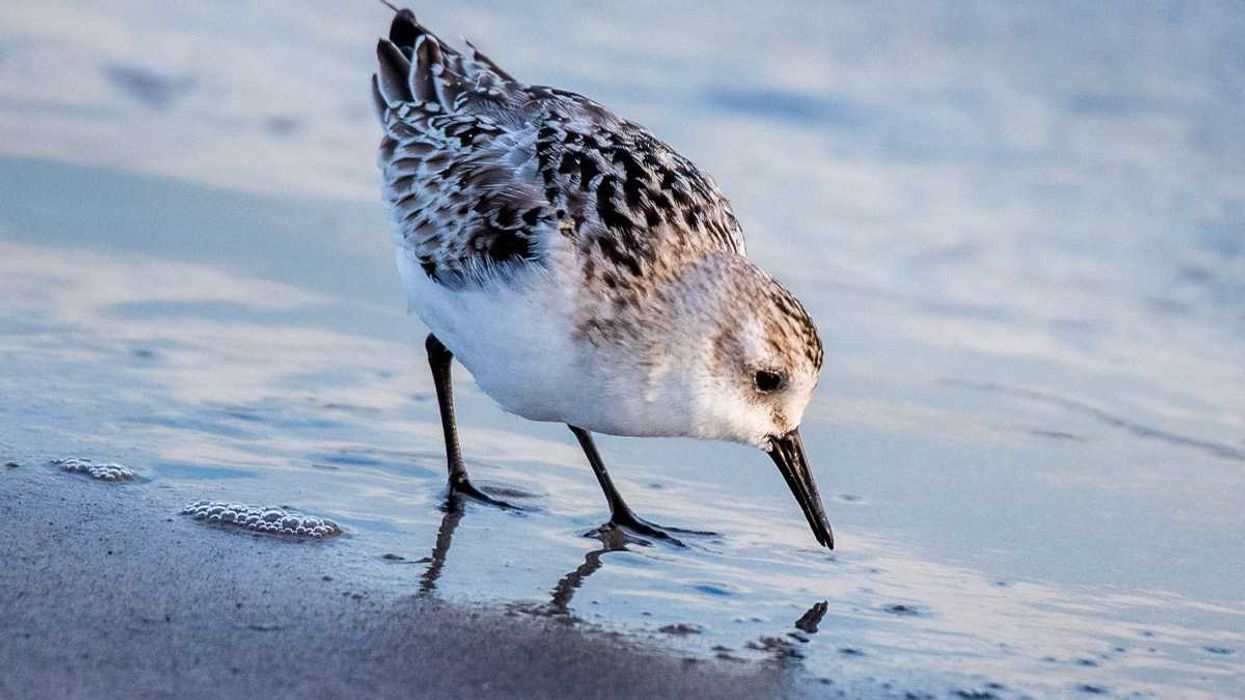 Bird searches for food on a beach.Photo credit
Bird searches for food on a beach.Photo credit 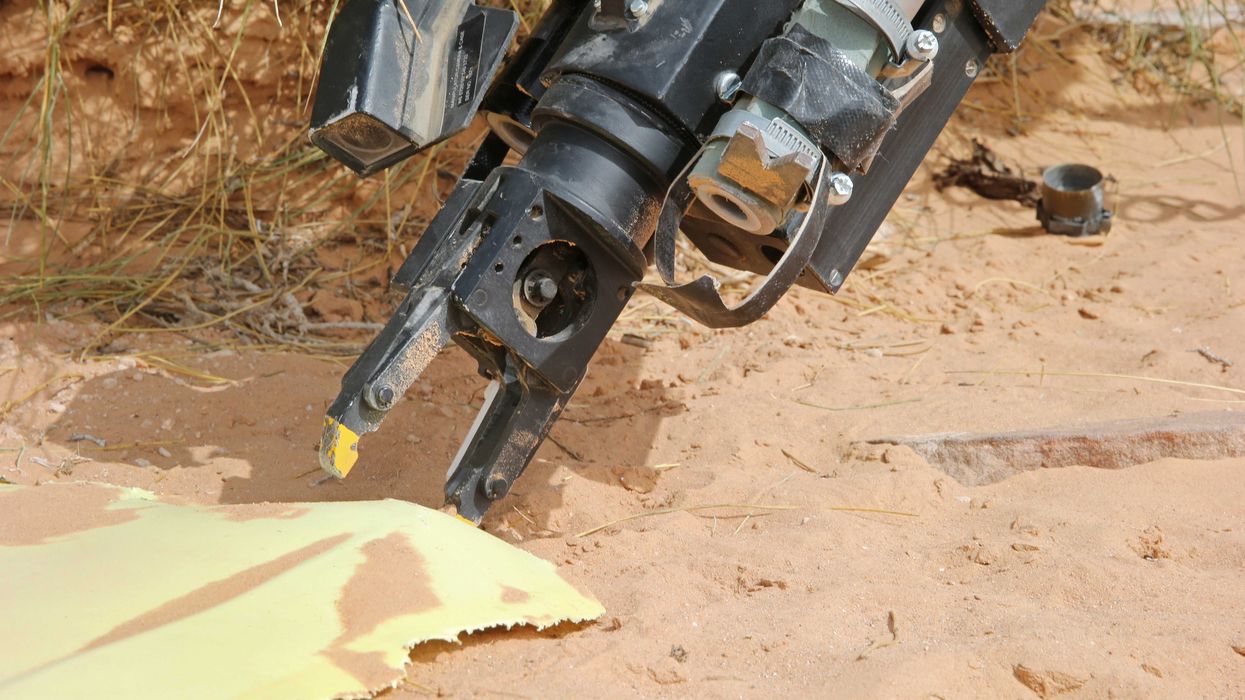 Articulating arm in sand.Graeme Main/
Articulating arm in sand.Graeme Main/  Woman arms stretched.Photo credit
Woman arms stretched.Photo credit 

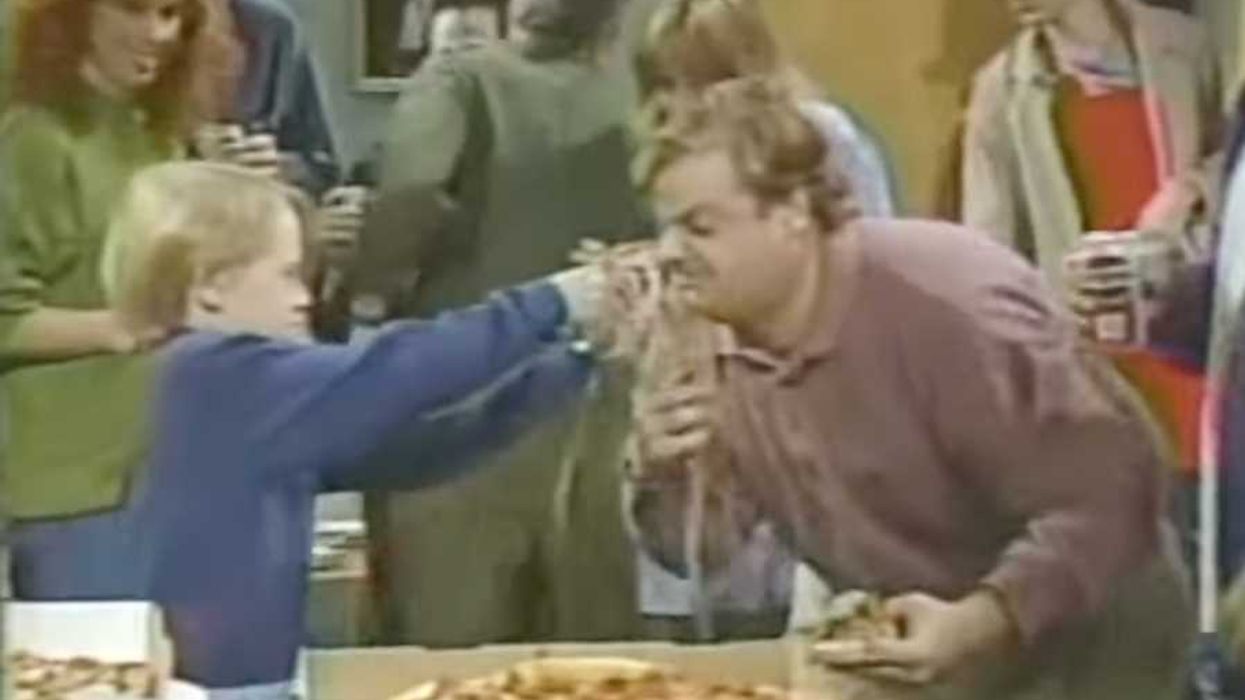

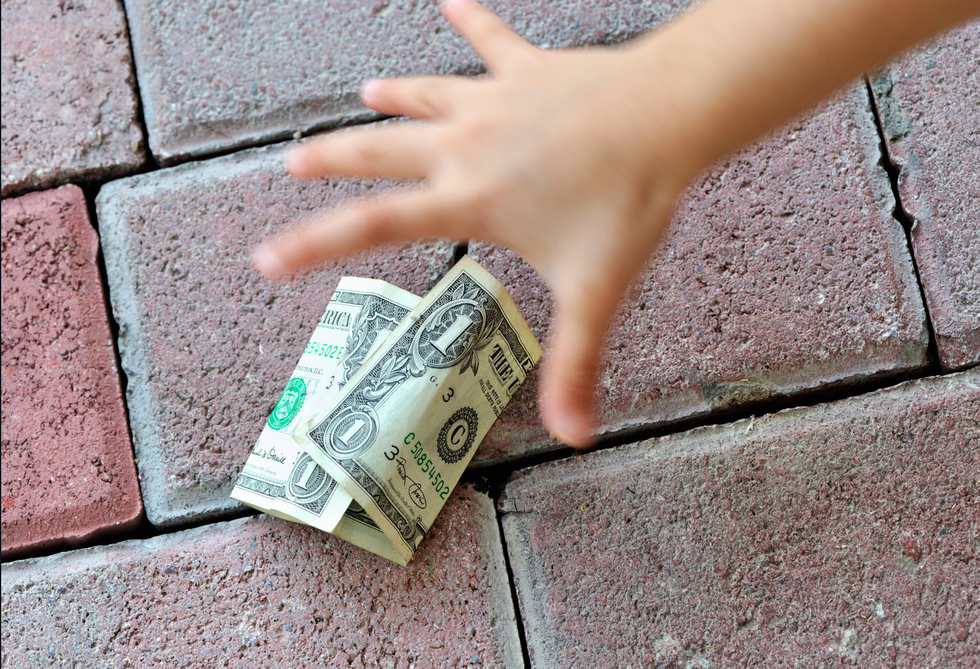 A hand reaches for some money on the groundCanva
A hand reaches for some money on the groundCanva